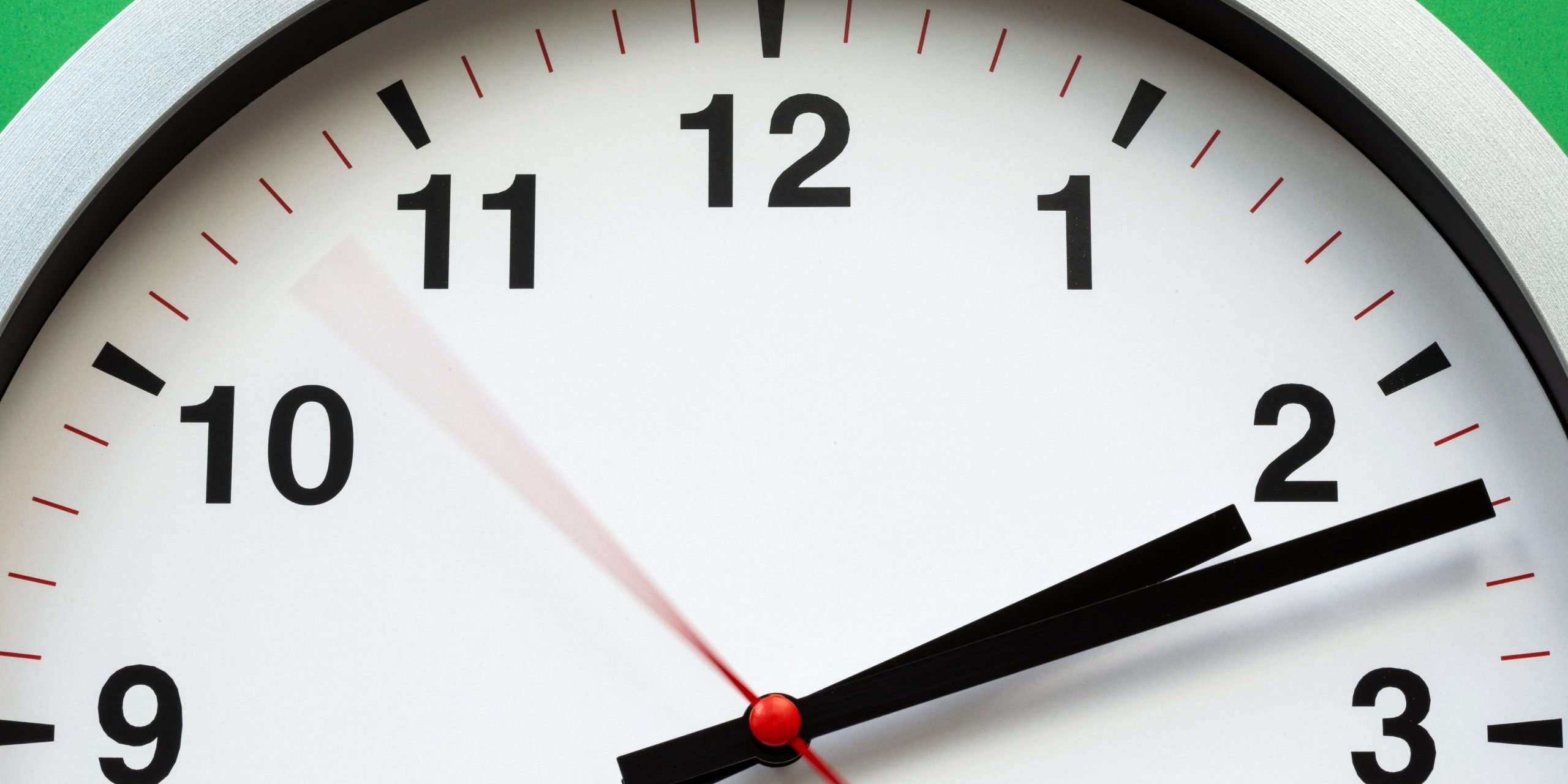Some people with insomnia have long awakenings during the night and some try to deal with their poor
sleep by staying in bed longer in the morning to “make up” some of their lost sleep. This generally upsets the body clock and sleep patterns become increasingly disorganised.
What is sleep restriction therapy?
This method was developed by Dr. Arthur Spielman a neurologist and specialist in sleep medicine. It aims to address difficulty staying asleep by limiting the amount of time spent in bed.
How it works
Research shows that sleep restriction therapy is to be effective and it is a common feature of virtually all types of cognitive behavior therapy for insomnia (CBTi).
This approach involves planning to be in bed for the number of hours you have slept on average over the last week. For example, a person who goes to bed at 11:00 p.m. and gets out of bed at 8:00 a.m. but sleeps on average only 6 hours per night. During the first step of this procedure this person will be in bed only 6 hours (e.g., 12:00 a.m. to 6:00 a.m.).
Shiftwork Services recommends the time allowed in bed should not be less than 5.5 hours, even for people who sleep less than 5.5 hours per night.
Clinical reviews have shown that CBTi is a safe and effective way to manage chronic insomnia. According to the British Journal of General Practice, multi-component CBTi should be the first treatment approach recommended by health professionals.
Shiftwork Services uses evidence based practice and ‘practical know how’ to help individuals sleep better, feel better, work better
For more information about better sleep CONTACT US HERE







